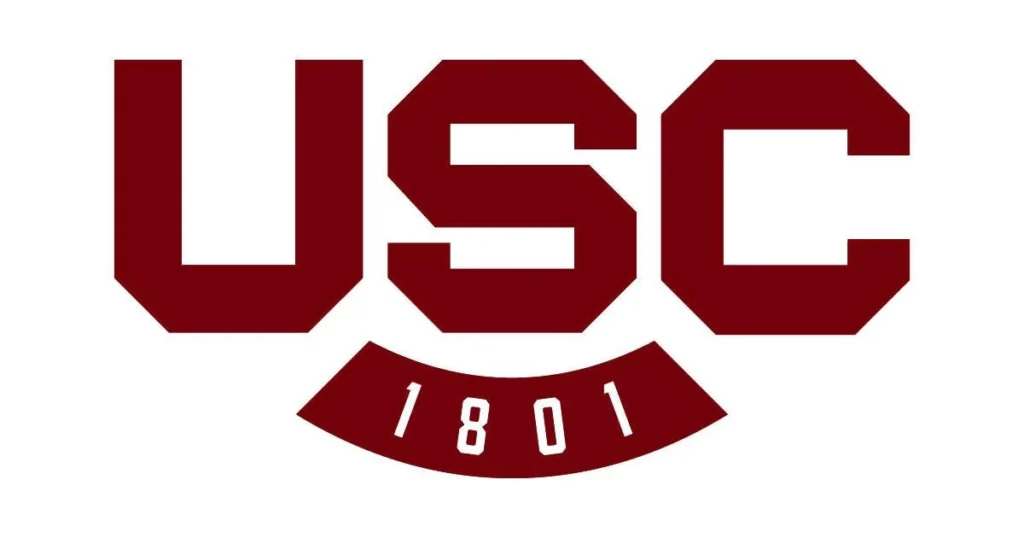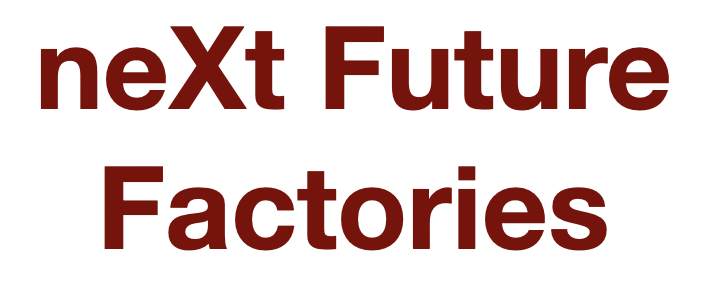Authors
Alex Brasington, Shingo Miura, Saotome Tsuyoshi, Ramy Harik
Conference
SAMPE Conference & Exhibition, Seattle, Washington.
Abstract
This study aims to investigate the induced effects on the temperature requirements due to the use of a complex geometry, while also gathering data for two types of materials supplied by Toray Industries. Automated Fiber Placement (AFP) has been sweeping the composites manufacturing industry due to its ability to manufacture parts with high speed, repeatability, and process quality.
As a result of the advancement of the machines’ capabilities, it is being used to manufacture parts with higher degrees of complexity. The effect of the shape’s complexity on process parameters, namely temperature, is not well understood. Experiments consists of using zero- and ninety-degree constant angle layups on a complex tool to thoroughly examine the effect of curvature on the AFP process. Results show that material selection is vital to ensure high quality parts because of the difficulties with adhesion to the complex surface. Repeated layups indicate that an increase in temperature is necessary in concave areas to overcome bridging and steering defects. Heater deviation can also vary and will result in local increases and decreases in temperature. All of these effects must be accounted for when process planning, and should be monitored during AFP manufacturing to ensure high quality parts.
Keywords
automated fiber placement, process parameters, temperature influence, complex tools
Citation
Alex Brasington, Shingo Miura, Saotom Tsuyoshi, & Ramy Harik. (July 2020). Investigation of the Temperature Influence in the Context of Automated Fiber Placement Layup on Doubly Curved Tools. SAMPE Conference & Exhibition, Seattle, Washington.
Documents


